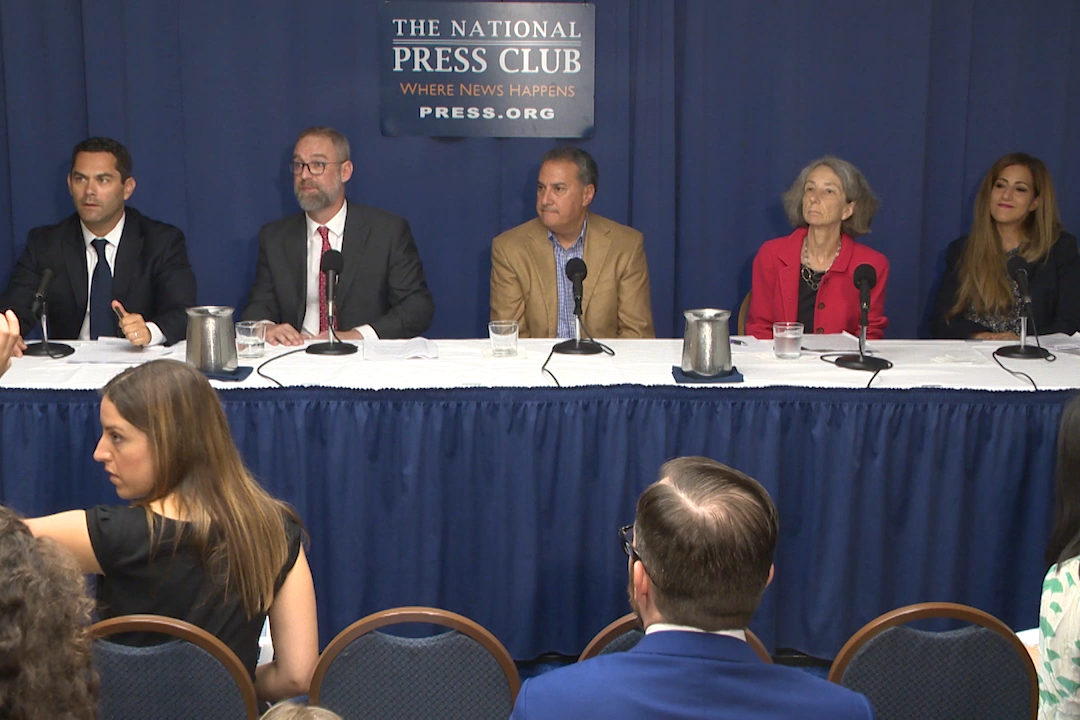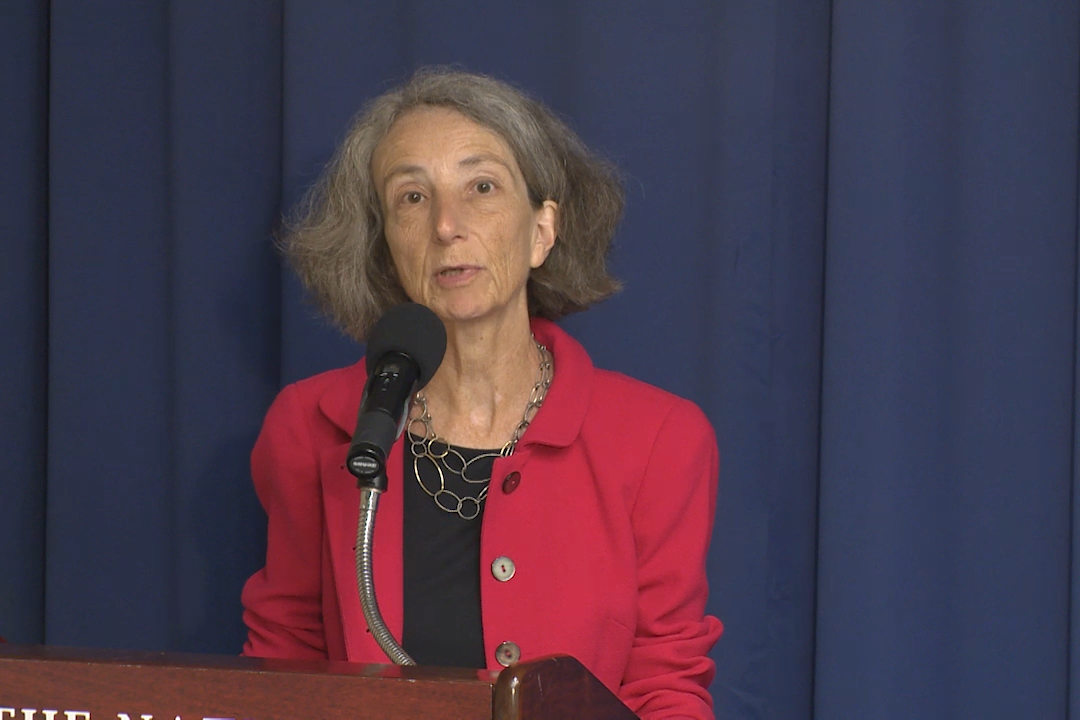On August 7, 2019, reproductive law expert and Professor Naomi R. Cahn provided legal insight for a lawsuit brought by an Ohio family against a fertility clinic.
 In the suit filed by law firm Peiffer Wolf Carr & Kane on behalf of the Cartellones family, the Institute for Reproductive Health, The Christ Hospital, and Ovation Fertility are accused of misconduct in the birth of Rebecca Cartellone. The family learned Ms. Cartellone is not biologically related to her father through a home DNA kit purchased as a Christmas gift.
In the suit filed by law firm Peiffer Wolf Carr & Kane on behalf of the Cartellones family, the Institute for Reproductive Health, The Christ Hospital, and Ovation Fertility are accused of misconduct in the birth of Rebecca Cartellone. The family learned Ms. Cartellone is not biologically related to her father through a home DNA kit purchased as a Christmas gift.
"My law firm has represented hundreds of families and individuals who have had their hopes and dreams dashed by outrageous conduct of the US fertility industry," said Adam Wolf, attorney and partner at Peiffer Wolf. "We think of fertility clinics as highly professional organizations governed by strict rules and staffed by caring experts. But, the truth is some of them are simply business people making billions of dollars in profits."
In the United States, just under 2% of children are born each year through assisted reproductive technology (ART) and more than 10% of women have sought fertility services, Professor Cahn said.
"Assisted reproductive technology has been an invaluable benefit to many of us, allowing millions of people to create new families," she said. "Yet ART raises complex issues as the lawsuit and as the pain of this family so clearly show. [These raise] complex legal and public policy issues that touch on the integrity of the professionals at the core of the reproductive technology industry. This case calls into question normal operating procedures through in vitro fertilization."
In her remarks, Professor Cahn outlined three major issues behind the lack of governmental oversight at fertility clinics.
"At least three factors explain the regulatory vacuum. First is the market-oriented outlook on reproduction that wants as little oversight as possible. Second, the multibillion-dollar fertility industry believes firmly in self-regulation. Third is the limited public awareness of the issues surrounding reproductive technology," she said.
Professor Cahn went on to suggest steps for fertility clinics to provide reliable care and accountability to their patients.
 "Until now, there has been no wave of advocacy for regulation yet there are plenty of abuses as this lawsuit and the other lawsuits discussed today show," she said. "And there is clearly a need for additional government oversight as seen in the United Kingdom and many other countries in the form of standards such as strict licensing to operate, tougher inspection of clinics and labs, robust record-keeping standards including of sperm and egg donation."
"Until now, there has been no wave of advocacy for regulation yet there are plenty of abuses as this lawsuit and the other lawsuits discussed today show," she said. "And there is clearly a need for additional government oversight as seen in the United Kingdom and many other countries in the form of standards such as strict licensing to operate, tougher inspection of clinics and labs, robust record-keeping standards including of sperm and egg donation."
Professor Cahn writes in a Forbes post about the case that her suggested reforms are "not a slippery slope, but a list of minimally necessary steps to impose sound quality control measures that will prevent future events that result in the types of damages that the Cartellone family is experiencing."
NBC, CBS, Nexstar Media Group, The Washington Examiner, and The Columbus Dispatch all covered Professor Cahn's remarks at the press conference on Wednesday.
Professor Cahn has a long history of calling for reforms in the fertility industry. She has shared insight into the ambiguity of genetic and gestational parent’s rights in fertility-clinic mix-ups, the lack of regulation and transparency regarding fertility clinics, and the need for regulators to start developing more guidelines for genetically editing embryos.
In 2009, she authored Test Tube Families: Why the Fertility Market Needs Legal Regulation. She has also written numerous law review articles on family law, feminist jurisprudence, and reproductive technology.


